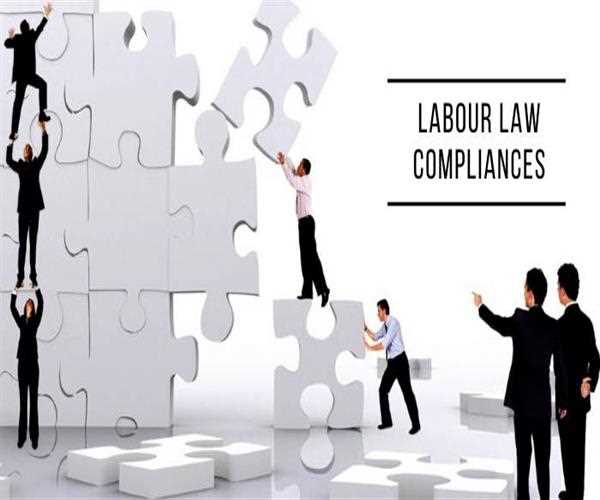Start-up India is an initiative of the Government of India aimed at promoting innovation by simplifying restrictive state policies, providing funding support and incentives, and encouraging industry- academia partnership and incubation.
A Start Up is an entity incorporated and registered in India less than seven years ago and has an annual turnover of less than Rs25 crores in all the preceding years. It should be driven by technology or intellectual property and must work towards innovation, development, deployment or commercialization of new products, processes or services.
If the turnover of such an entity exceeds Rs. 25 crores in the preceding financial years or it has completed seven years since the date of incorporation, it will cease to be a start-up. All the benefits accorded to a start-up shall hence be withdrawn.
Exemptions
With the view to encourage innovations and entrepreneurship through the Startup India initiative, the Government of India has extended various exemptions and incentives to such entities including tax breaks and labour laws exemptions. This article specifically focuses on relaxations given to Startups in labour law compliances.
Labour Laws Relaxations
The Ministry of Labour and Employment has given direction to various enforcement agencies to follow certain guidelines with respect to compliance issues of Startups. Such entities are allowed to make self-certification of their compliance through the Startup mobile app for a period of five years. However, if there is a specific written complaint about any violation inspection can be done if at least one senior level inspecting officer approves it.
Labour Laws Where Relaxations are Accorded
As per the directive of the Ministry of Labour and Employment, in the first year of setting up of such entities there shall be no inspection under six labour laws mentioned below.
- The Building and Other Construction Workers Act 1996
- The Inter-State Migrant Workmen Act 1979
- The Payment of Gratuity Act 1972
- The Contract Labour (Regulation and Abolition) Act 1970
- The Employees’ Provident Funds and Miscellaneous Provisions Act 1952
- The Employees’ State Insurance Act 1948
For the second and third year the Startups are required to file a self-declaration of labour law compliances under the above mentioned six labour laws. If there is any credible written complaint of violation of any of the above laws, an inspection can be undertaken with the prior permission of the higher authorities. Apart from the above mentioned six labour laws, exemptions are made under three more labour and employment law. They are:
- The Industrial Disputes Act 1947
- The Trade Unions Act 1926
- The Industrial Employment (Standing Orders) Act 1946
Additionally, the Ministry of Skill Development and Entrepreneurship in order to encourage Startups to engage apprentices has taken similar steps to provide relaxation under the Apprentices Act 1961 and the Apprenticeship Rules 1992. The Apprenticeship Rules 1992 states that an organisation shall be inspected by an officer of the rank of Assistant Apprenticeship Advisor or above after taking approval from the state or the central Apprenticeship Advisor.
According to the circular issued by the ministry, no inspection shall be undertaken in the first year after incorporation of the Startups. From the second year onwards for the next three years inspection can be undertaken only when there is a credible written complaint of violation. Even then, prior permission has to be sought from the Apprenticeship Advisor.
Conclusion
The exemptions given to Startups in terms of labour laws do not absolve them from labour law compliances. The exemptions are provided just to give these Startups some time to get familiarised with the various labour laws and the enforcement agencies. Also, compliances with various governmental agencies take up lot of time, energy and money, which they could otherwise utilize to develop and expand their business. Constant regulatory inspections are a drain on the resources of these establishments. These inspections can be a huge distraction and the entrepreneurs may not be able to focus on their business. Further, in the name of inspections these establishments could be subjected to harassment by various governmental agencies. Startups must, however, engage a
labour law consultant to better understand the compliances issue.




Leave Comment